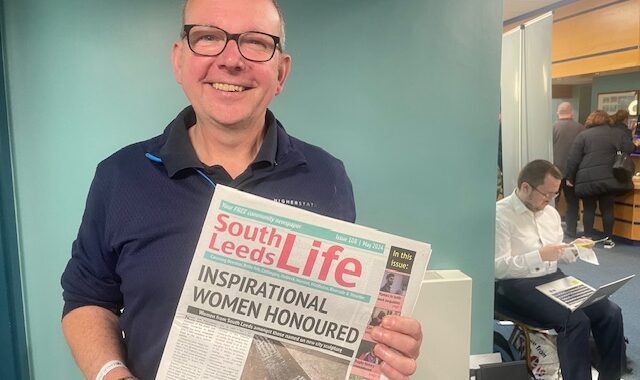In a survey released today (17 December 2021), the Public Interest News Foundation has revealed that the British public tend not to trust local news that’s produced outside their area.
In a poll of 2,000 adults by Opinium, only 31% said that they would trust local news that came from a news organisation based outside their area, whilst 55% said that they would not – a negative trust rating of -24%.
By contrast, almost twice as many people (58%) said that they would trust local news from an organisation that was based in the area, versus 31% who said that they would not – a positive trust rating of +27%.
Previous research by PINF has shown that independent and community news publishers have large audiences but small revenues. The PINF Index of Independent News Publishing revealed that the typical turnover for an independent news publisher in the UK is around £40,000, and publishers serving local or niche communities have even lower revenue than this.
However, the new survey should provide some encouragement to independent local publishers who are looking to attract revenue from their readers. PINF asked the public how much they would be willing to pay for a quality, independent local news service? 40% said ‘nothing’ and 16% said ‘don’t know’, but 43% would be willing to pay something. The average that people are prepared to pay is £1.30 per month, but 12% would pay between £2 and £4.99 per month, and 4% of the public would be prepared to pay more than this.
Jonathan Heawood, Executive Director of PINF, said: ‘The public have a marked preference for homegrown local news. This could explain why small, independent news publishers are attracting large audiences in local areas across the UK. And it should encourage policymakers and funders to build the capacity of these genuinely local publishers, who urgently need investment to capitalise on their trusting relationships with audiences.’
Rhiannon Davies, Editor of Greater Govanhill and a member of the Scottish Government’s Public Interest Journalism Working Group, said: ‘This research shows once again why old models of journalism are failing and why trust in journalism is so low. I launched Greater Govanhill because people in the community told me they were sick of reading negative stories written about them by journalists who don’t live in the area, for publishers not based there. These were often sensationalised and divisive, intended to generate clicks and drive profits for distant shareholders. In order to rebuild trust in journalism, we need stories written by the community for the community. It needs those local connections and the trust that comes from taking time to really listen. In Scotland, we’re now awaiting the Government’s response to the Public Interest Journalism Working Group report, and hope that they will take on board recommendations to support vital community-based journalism.’
Matt Abbott, Deputy Director of the Independent Community News Network (ICNN), said: ‘Communities are constantly fighting to have their voices heard in a landscape dominated by London-based media. As local newspapers centralise their newsrooms in “content rooms” two or three counties away, they leave behind the trust of their audiences. Audiences feel isolated, ignored, and misrepresented. However, this survey has shown that audiences respond positively to local news that is produced by journalists who are embedded in their communities, who can provide nuance, accountability, lived experience and ultimately better journalism.’
Richard Gurner, Editor, and Publisher of Caerphilly Observer, said: ‘For a local news service to be relevant, trusted, and valued by the community it serves, it is essential for it to be an active part of that community. It is heartening to read the results of the research which confirm what we already know – that local news is most trusted when it is reported by people based in the area. Further investment and support of independent publishers is needed for them to be part of the solution to tackle the problems of trust and sustainability within local journalism.’





